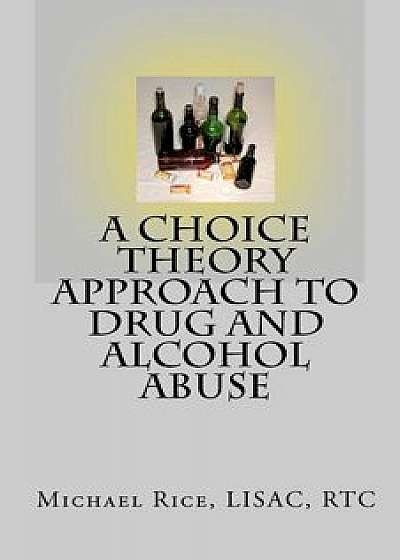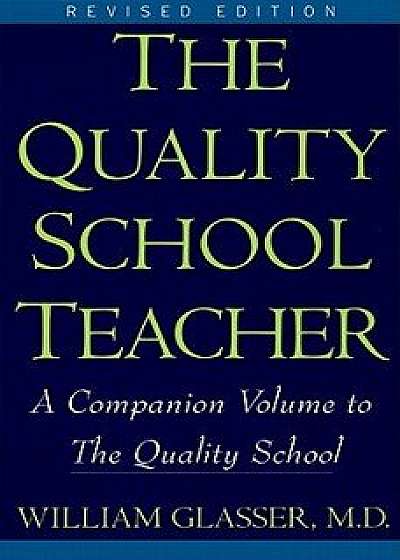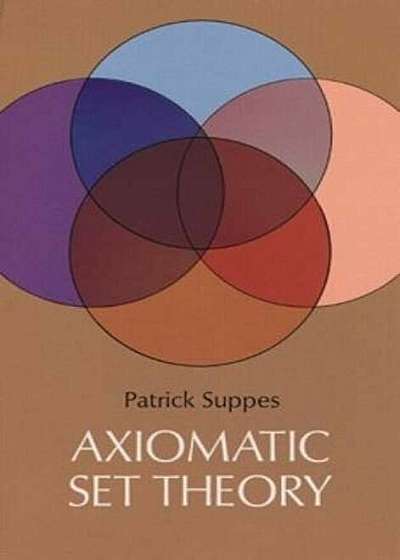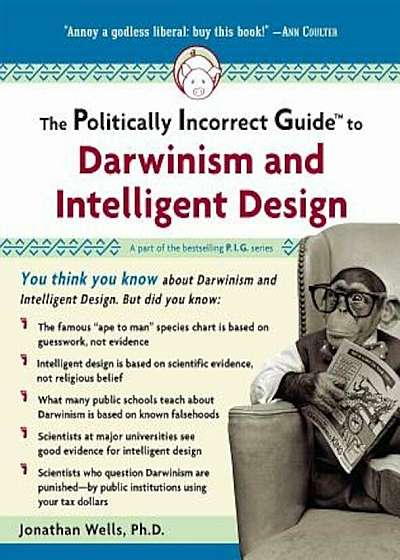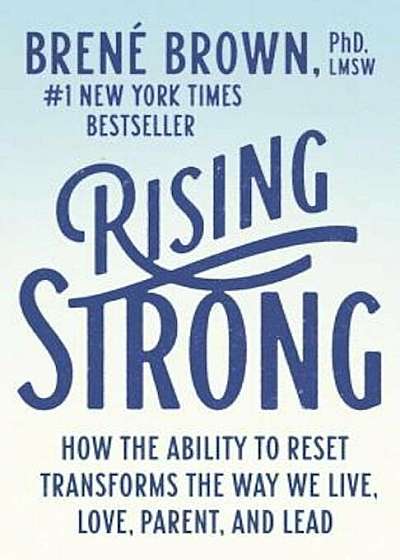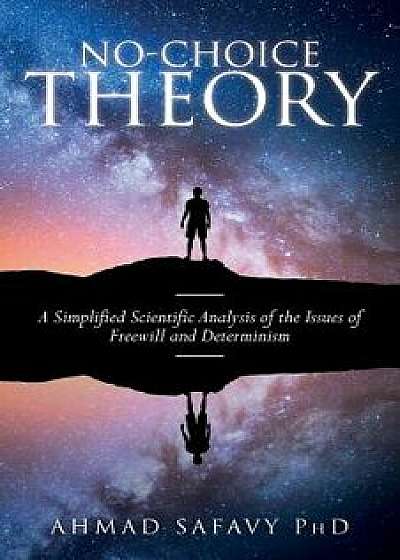
No-Choice Theory: A Simplified Scientific Analysis of the Issues of Free Will and Determinism, Paperback/Ahmad Safavy Phd
Descriere
REVISED EDITION: 10 Feb, 2018 A brand new theory on the free will question: We believe that Freewill is what separates thinking humanity from instinct-driven animals. For most of history, humans have either taken Freewill for granted or sung its praises. We assume we control our thoughts and that our thoughts control our actions. But what if we're wrong? After all, we may live in a deterministic universe. Since the moment of the Big Bang, matter and molecules have engaged in a complex dance of Cause-and-Effect, and that interaction could have determined the nature of everything-including our thoughts. Such is the argument of Ahmad Safavy, who employs current scientific principles-from the Big Bang to the systematic formation of atoms, molecules, and the living world, to quantum mechanics and chaos theory-to question how molecular action could affect everything including our genetics, our decision-making processes, and our daily lives. In addition to utilizing the well-known scientific terms, theories, and principles, Safavy proposes new concepts such as "Energy Exchange Processes", "Energy-Information Duality Principle", and "Universal Spider Web Interconnectivity Model" in his Freewill-related arguments. While targeting the general readership, the book may be used as a compact but rich source of scientific and philosophical information by the students of these fields. It may be particularly useful to philosophy students with no or limited science background and students of non-scientific disciplines. Skillfully translating complex scientific concepts into accessible, everyday terms, Safavy invites readers to consider the arguments for and against universal Determinism. How does the presence or absence of Freewill affect our lives and our decisions? If there is no Freewill, how would that change our approach to crucial moral and sociological issues? Do we have Freewill? If not, what is occurring when we make a decision and act on it? The answers lie in No-Choice The
